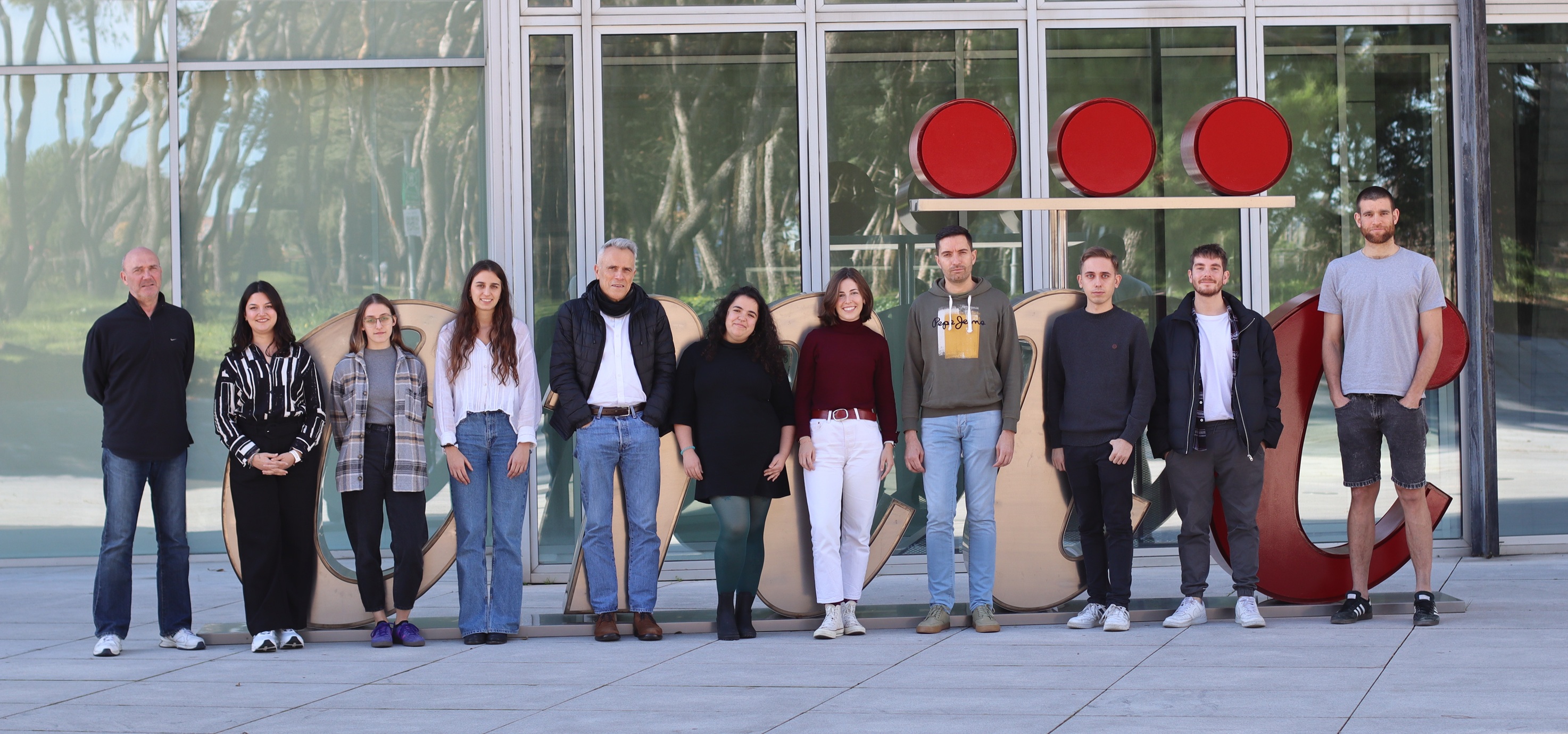CNIC participates in an international Leducq Foundation project investigating the connection between the placenta and the heart during embryonic development
The new project, ‘The Placenta in Maternal and Fetal Cardiovascular Health and Disease’, aims to understand how the placenta influences cardiovascular health in mothers and their children, promising improvements in the prevention and treatment of related diseases
The group at the Centro Nacional de Investigaciones Cardiovasculares Carlos III (CNIC) led by José Luis de la Pompa, a member of the Spanish cardiovascular research network (CIBER CV), is participating in an ambitious project funded by the Leducq Foundation. Titled “The Placenta in Maternal and Foetal Cardiovascular Health and Disease”, the project aims to understand how the placenta influences cardiovascular health in mothers and children and to improve the prevention and treatment related diseases, increasing global well-being.
The project is coordinated by Ananth Karumanchi at Cedars-Sinai Medical Center (USA) and Didier Stainier at the Max Planck Institute for Heart and Lung Research (Germany). The total of $8 million dedicated to the project over five years includes an allocation of $1,078,000 to the CNIC. This innovative study is one of four projects selected in the 2024 edition of the prestigious Leducq Transatlantic Networks of Excellence Program.
Other internationally renowned scientists participating in this international consortium include Zoltan Arany and Mark Kahn (University of Pennsylvania, USA), Myriam Hemberger (University of Calgary, Canada), and Abigail Fraser (University of Bristol, UK).
The placenta is a vital organ during pregnancy, essential for fetal development and for adapting the mother’s body to the demands of gestation. The role of the placenta extends beyond nourishing the fetus, and its activity has profound impacts on maternal and fetal and infant cardiovascular health during and after pregnancy.
As Dr. de la Pompa explained, “Failure of placental function can give rise to severe complications, such as cardiovascular disease in the mother and congenital heart defects in the baby. While there is evidence linking these conditions to placental dysfunction, the specific causes remain poorly understood and are often overlooked in clinical practice.”
The PlacHeart network is dedicated to unravelling the molecular and cellular mechanisms that link the placenta to the cardiovascular health of mothers and children.
Researchers on the project will use advanced genetic tools in mouse and zebrafish models, alongside the analysis of human tissues and genetic data. “This approach will help to identify new pathogenic pathways underlying the placental alterations that can lead to cardiovascular disease and congenital defects,” said de la Pompa, whose group consists of D. MacGrogan, B. Flores-Garza, T. González-Costa, V. Sebastián-Serrano, J.L. de la Pompa, L. Méndez-Peralta, A. Pau-Navalón, A. Galicia-Martín, J. Santos-Cantador, C. Relaño-Ruperez, and M. Siguero-Álvarez.
The multidisciplinary team comprises experts in placental biology, developmental biology in mice and humans, maternal heart failure, congenital heart defects, and epidemiology, and the consortium members will work collaboratively to translate the findings into new therapeutic strategies.
De la Pompa concluded that, “The ultimate goal is to improve the prevention and treatment of cardiovascular disease associated with placental dysfunction, improving the health of mothers and children worldwide.”
Through this research project, the CNIC and its international partners are reinforcing their commitment to scientific excellence and the advancement of global cardiovascular health.
Fundación Leducq/ José Luis de la Pompa/PlacHeart
A Network for Excellence in Cardiovascular
The Leducq Transatlantic Networks of Excellence Program fosters global collaboration among leading scientists in cardiovascular and neurovascular research. Since its inception in 2004, the program has funded 80 research networks, involving more than 500 investigators working in 130 institutions across 21 countries.











